Aside from a long-term vegetarian diet I generally have eschewed dieting. Physical expectations for women in my culture are toxic, and also, I’m just not a very regimented person by nature. But since we moved onto a boat the idea of dieting has gained appeal. I’m talking bout a regimen. A conscious approach to what I consume, where it comes from and what the implications are for the microcosm of me and Bill and Maggie May, and perhaps more importantly for the places we visit and the world at large.
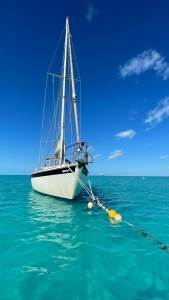
One of the most interesting things about boat life is the degree to which we can be self-sufficient, storing or producing everything we need to live for more than a month at a time. This requires a level of effort and a degree of consciousness not demanded by life back in Mount Rainier, Maryland—where garbage is set on the curb to disappear and never be heard from again; sewage goes out of body, down a drain and out of mind; endless water is in the tap; endless energy is wired into the house; heat extremes are as easy to deal with as stepping into and out of the house; food is a block away at the Glut food coop; and doctor, dentist, therapist are a metro ride or walk away. What a comfortable, easy life! At home I could choose to be conscientious and recycle, compost, buy wind power, or really conscientious and reuse or reduce my household waste, energy and water. But I could also not do that and everything would run just as smoothly from my comfortable vantage point in my home (though of course not for the planet).
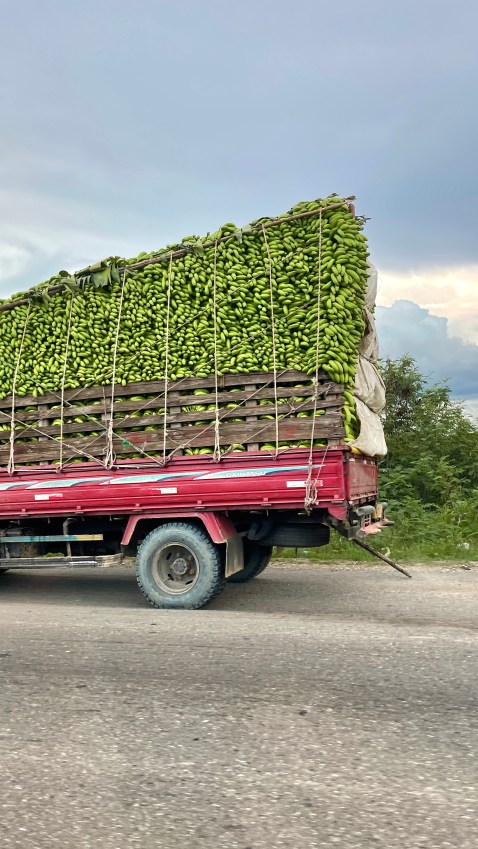
On the boat, the system of unseen services a land community (in a privileged wealthy nation) provides is largely absent. Our comfort and even perhaps survival depend on us managing resources wisely, figuring out how we will have enough food, water, energy; what we will do with our waste; how we will cope with medical crises and mechanical or structural failures on the boat. If we act without forethought, we will feel a cost. In this way, natural scarcity is imposed upon us in a way that I personally have never felt before. This challenge, these costs, this consciousness, is the bargain we make for our wandering lifestyle.
In exchange for a certain thoughtfulness about how we use space, water, food and energy, and money, we are granted an unlimited access to something so precious, so rare, so lacking in our lives before this–time. A richness of time I have never before experienced, (except maybe as a child, but then everyone is always bossing you around).
We also have a type of freedom deeper and broader than any expanse I have ever felt. There is no such thing as total freedom. Life without the imposition of constraint is a mythology. We are animals and we must eat and hydrate and find shelter. But within these inescapable confines there exists a profound space to be encountered. The closest parallel for me would be a long backpacking trip. But even then you are constrained by what you can carry on your back and whether there is fresh water at hand. What we can carry on Maggie May’s back allows for exploration of weeks at a time in the stillness of the wild, away from the endless noise and haste of an engine driven world. If we are wise and abide the laws of natural scarcity.
Freedom and time.
We fill our bounty of time with various wonderful and tiresome and terrifying and edifying things, one of which is mindfulness about topics I just didn’t have time, or maybe energy, for before. Often these thoughts turn to the laboratory of sustainability that a closed system like a boat can be. Which brings me back to diets.
Before we started this trip, years before, Bill and I began turning our minds to the challenges of scarcity and how we would greet them on the boat. Because his background was energy policy and green building, Bill was in a good position to set us up on the energy front. I took on the problem of waste, particularly trash and plastics. We both thought about water scarcity, Bill wrangled the sewage question, I managed food scarcity. We created plans for dealing with each of these challenges in new ways (for us, in our lives) and all of these solutions have in some way required an adherence to diets, regimens.
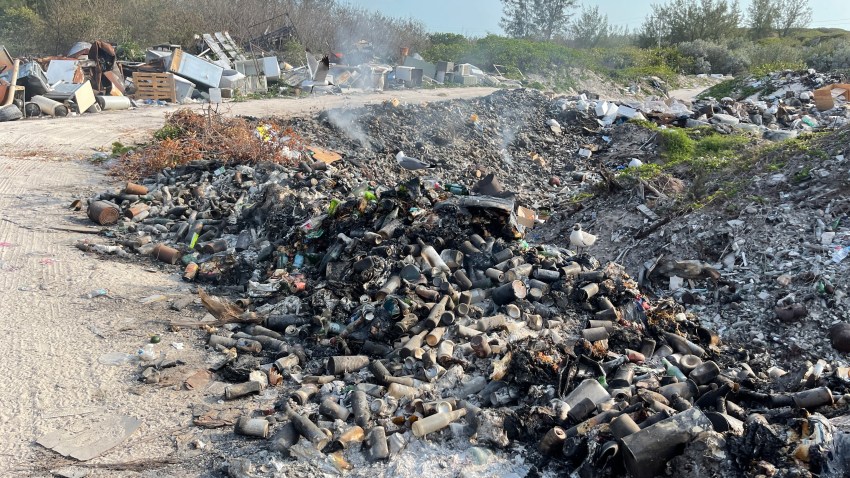
Challenge inspires innovation. Necessity is the mother of invention. This truth is the universal fuel of evolution, the bold and unmerciful hand that shapes all creation. It is also one of the most important tools of social evolution, the tried and tested philosophy behind things like bag fees, stormwater fees, and carbon taxes. Putting a cost on something forces recognition of a value that is being squandered, like clean rivers, a healthy climate system, clean air.
On the policy level, taxes that place a value on resources we tend to abuse are meant to prompt us to think about how we are using those resources and to spark innovative ways to conserve them. And they work, when governments are courageous enough to use them and communities are wise enough to embrace them. Imposed costs spur creative solutions, much like fire forces adaptation in plants and animals. 10 cents for a plastic bag doesn’t seem like a forest fire, certainly a lot less painful, but in a matter of a few years this small fee cleared the Anacostia River of most of its plastic bags and raised important funds for river restoration in Washington DC.
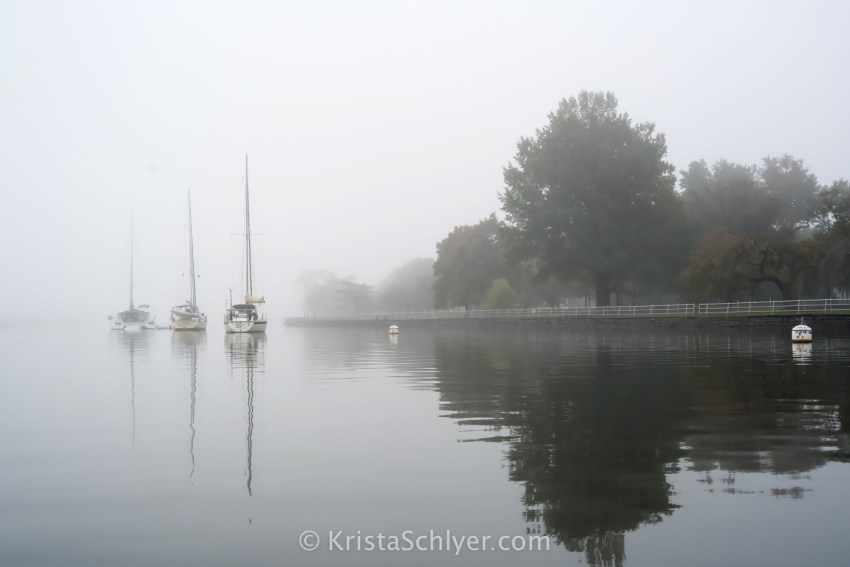
In an ideal world we wouldn’t need to impose costs because we would all be aware of the intrinsic cost of all resource use and we would voluntarily choose to conserve. That is not the world we live in. Not yet. At this stage of our evolution when something is free and seemingly endless, we as a species squander it. Putting a price on carbon and plastics and pollution, things we all want us to generate less of, causes people make different choices in response to these valuations. A person could choose to reuse their plastics or reduce their purchasing of items with single use plastic. Under a carbon tax they might decide to drive less and bus or bike more. Or buy an electric vehicle instead of one that requires gasoline. They may ultimately decide that having fewer kids is a smart answer, since everyone’s consumption and carbon footprint is multiplied by the number of kids and grandkids they have. But the large majority of people will not think about these things until society places them squarely in front of their eyes and says: act responsibly, or pay accordingly so we can fix the damage that you do. For the common good.
For us aboard the microcosm of Maggie May, the danger of not conserving is very real and present. In addition to the costs to the global ecosystem, we feel immediate impacts to our boat wide common good in loss of self-sufficiency, loss of freedom when our trips must be cut short for lack of water or food, or trash overflowing, or no energy to run critical boat functions like navigation lights and emergency communications. Or, if we are on a long ocean passage the cost may be our health or our lives if unforseen weather extends the trip and we have not conserved wisely.
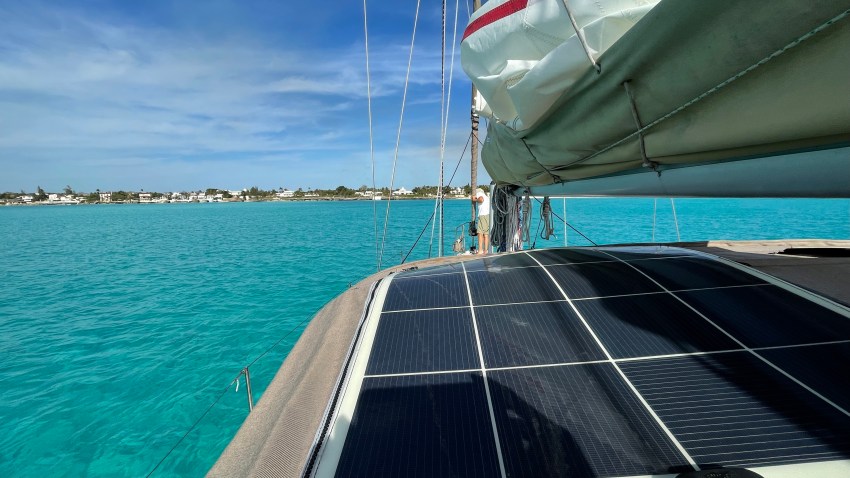
Over a series of blogs within the Maggie May blog, The Boat Lab blog, I’m going to share some of the things we’ve learned while addressing the various challenges of self-sufficiency and conservation, including energy/carbon, trash, human waste, food and water. Each of these will be handled separately, though they are all interconnected.
The blogs will address some interesting questions: Just how far off the grid have we been able get? How might we do better? Are there things we know we could improve on, but well, we just love potato chips and peanut butter and so we are going to allow ourselves some guilty pleasures? Just how many types of biological life can infest a composting toilet and which ones are the least desirable companions on a boat? And how might this all translate to our lives back home?
So much learning.
I won’t be saying anything Ben Franklin didn’t say or get credited with saying, so if you don’t have time to read the blogs, here they are in short Franklinian phrasing:
He that would live in peace & at ease, Must not speak all he knows or judge all he sees.
A penny saved is a penny earned.
When the well is dry they know the worth of water.
If you desire many things, many things will seem few.
No gains without pains.
A stitch in time saves nine.
Hunger is the best pickle.
Discover more from KRISTA SCHLYER
Subscribe to get the latest posts sent to your email.
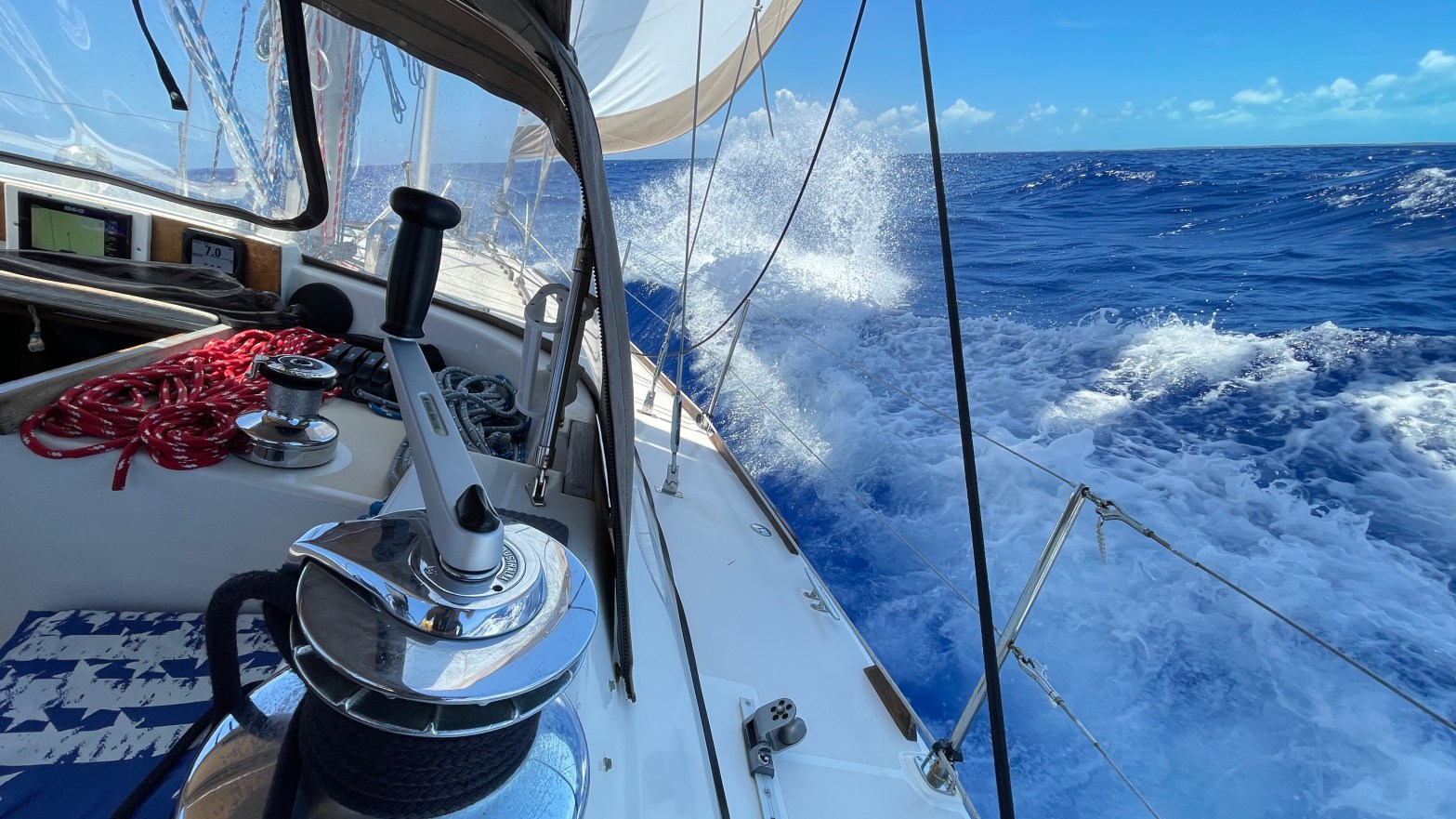
This new blog is an exciting pivot in your writing, Krista. I want and need to learn and incorporate into my life the things that you and Bill are experiencing and that you skillfully and generously share. The beauty and harsh realities of your journeys are of equal importance. The beauty heightens awareness and deepens our love of our amazing Earth. The realities call on us to do what we can to protect her by lessening the harm we are doing to her, whether intentionally or unwittingly.
You move minds and hearts with both. Thank you for your work, for all that you give, all that you do, all that you are.
Thank you!
I had to look up ” A stitch in time saves nine” as I have heard it all my life but realized I really didn’t know what it meant. Miss you, Love , John
It’s a right smart phrase! Miss you too John.